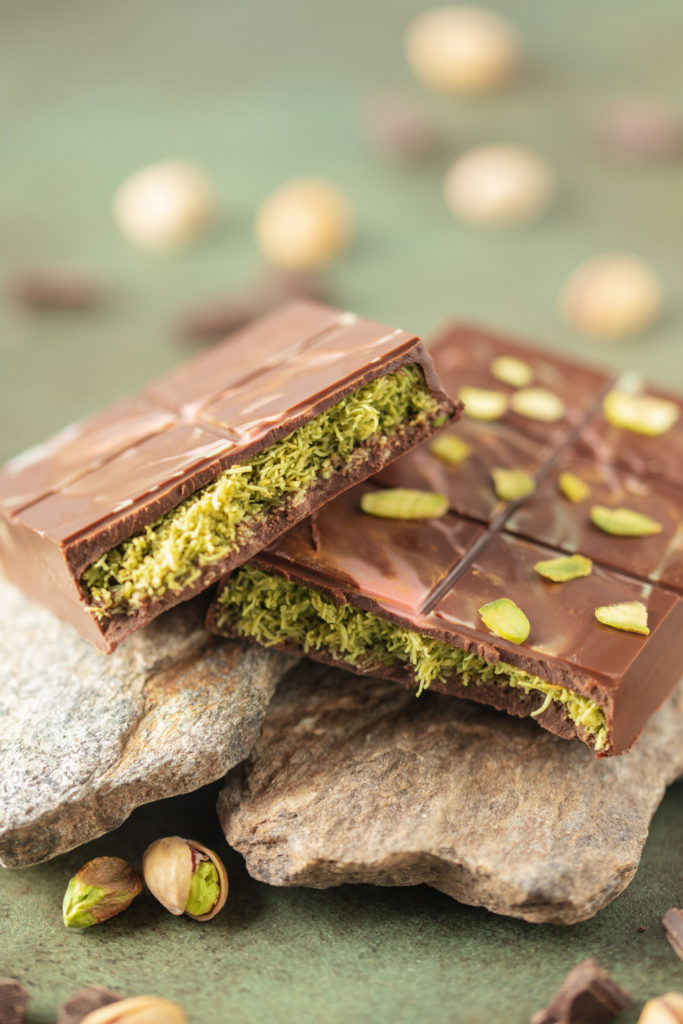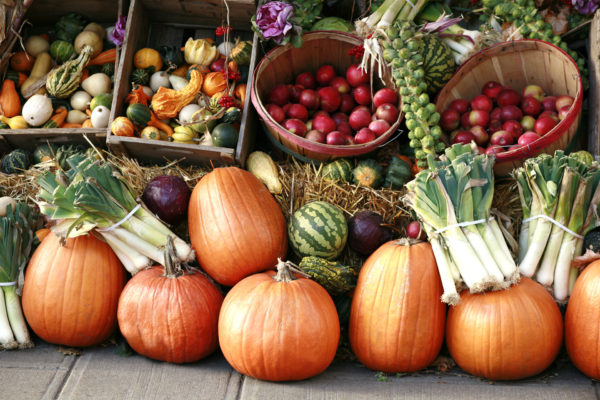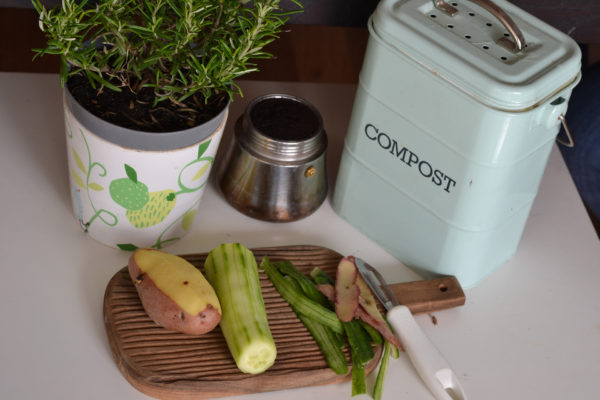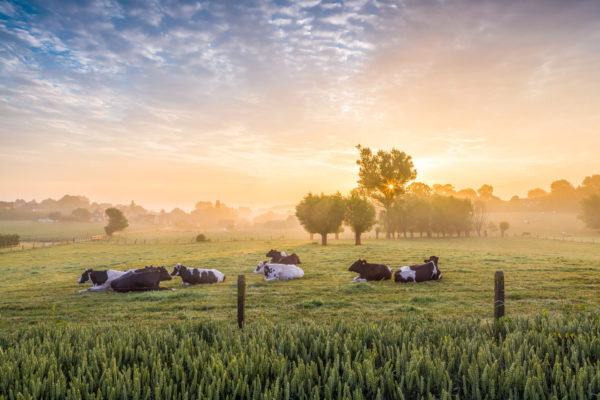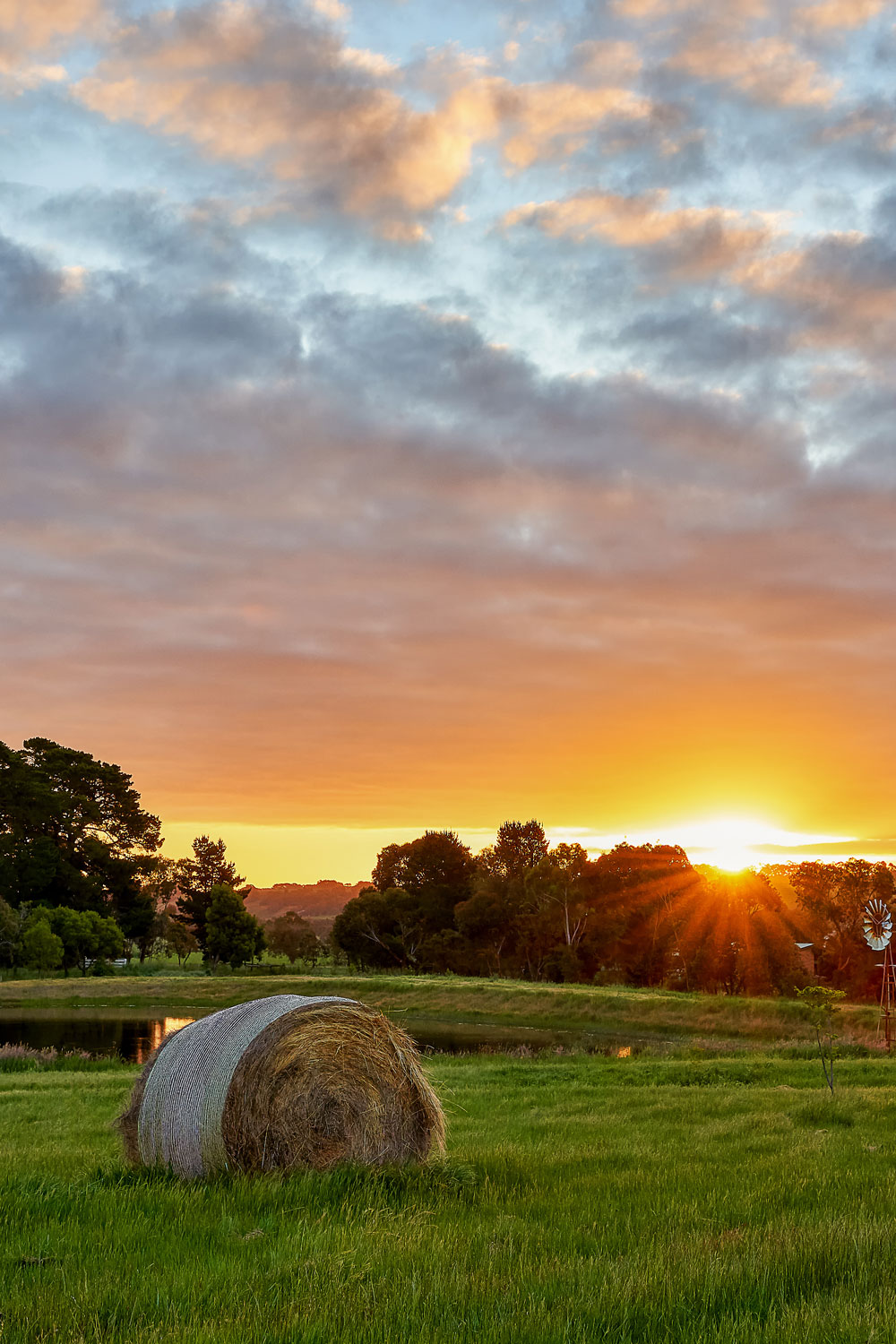
Autumn On The Farm With The Jefferies
By
5 months ago
It's sowing season on the Jefferies' farm
In our column, husband-and-wife duo John and Jenny Jefferies will give us some insight into life on their south Cambridgeshire farm. John is a farmer, while Jenny is a food writer, having penned books like For The Love Of The Land. They’re both passionate about British farming, and will share their expertise with C&TH on a bi-monthly basis. So what’s going on on the farm this November?
Food and Farming With The Jefferies: November 2024
The busy summer harvest season on the farm is soon replaced by the even busier autumn sowing season. As the combine harvest moves across the fields in its sunny clouds of dust, the land it rapidly leaves behind needs to be ploughed, cultivated or sown with a summer catch cover crop. All of this work takes time – and quite a lot of time.
The growing season in the UK is from Sept/Oct/Nov to July/August the following year. So to get the crops established in good conditions in the autumn is the overwhelming priority, as the following harvest depends upon this. Our changing climate also throws challenges to this work, as do the weed burdens that we have in parts of the country. A weed called blackgrass is the most significant. It has a growing season that fits perfectly within the arable farming system. One plant can produce 10,000 seeds. These fall to the ground before the wheat crop is harvested. The seeds then germinate throughout the autumn. So regardless of when you plant your next crop, there is going to be some blackgrass waiting to haunt you.
The autumn work is centred around getting this weed to grow, so that you can cheaply and readily kill it before your next crop. Similarly, the excessive autumn rains we seem to get hinder the land work, but help in the germination of the blackgrass.
The autumn of 2024 has turned out to be very good. Much blackgrass has grown and is being controlled before the crops were planted. However, the rains have been excessive, so the ground conditions for planting have been less than ideal. But the heat and barley crops for 2025 are now safely established and growing away well in this mild (hot for the season) weather conditions.
Recipe: Chocolate Pudding From Malt Coast Brewery
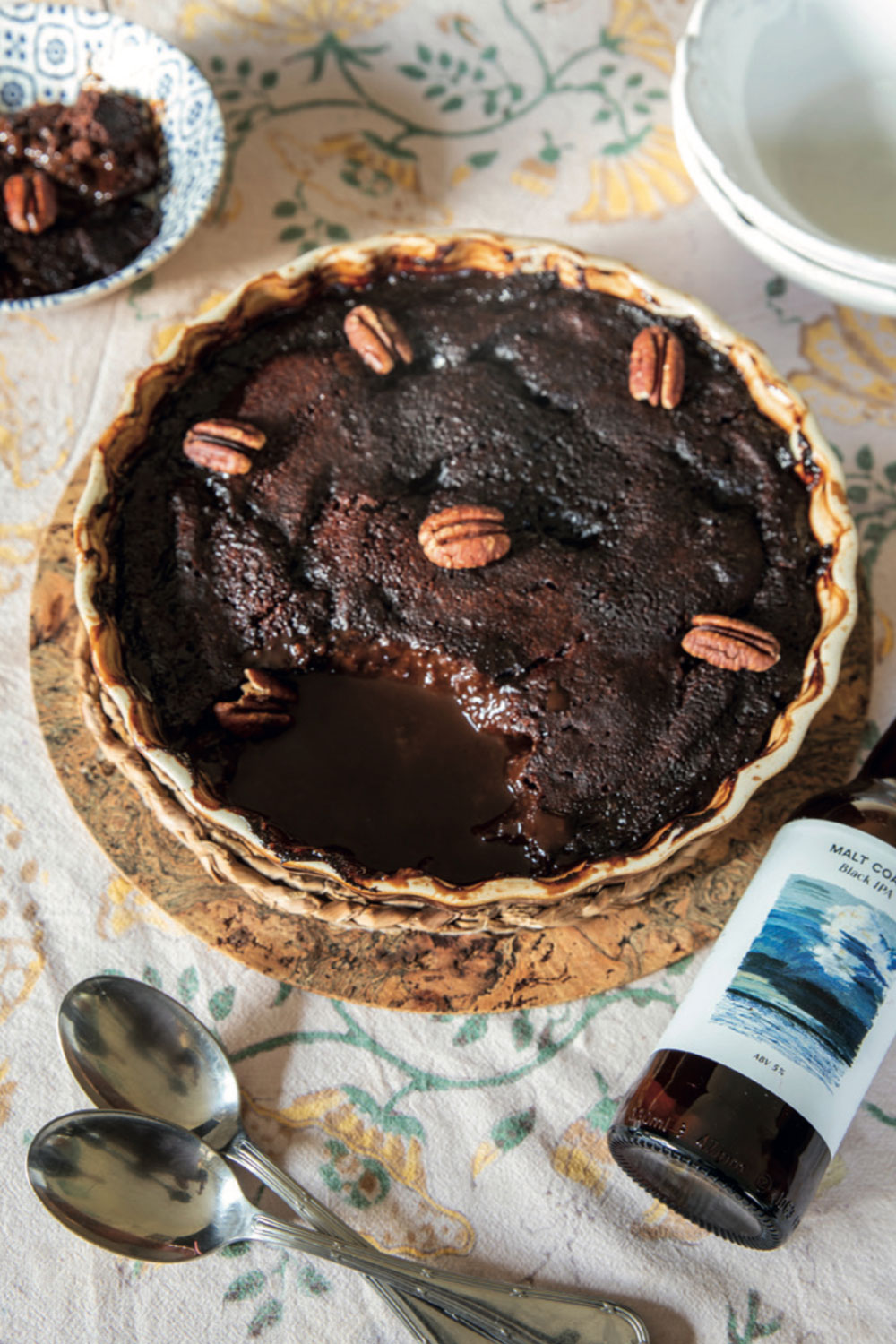
The recipe this month comes from Malt Coast, a craft brewery which uses the farm’s barley to brew beers. ‘We grow a heritage variety of winter barley called Maris Otter, says co-founder Bruin Maufe. ‘This is delivered to the local floor maltings in relatively small batches and returned to the farm where it is crushed on site: a genuine grain to glass story. It was important to us that the diversification clearly aligned with the farm and it’s exciting to be using our barley to brew these unique beers.’
He adds: ‘I love chocolate and I love beer, and this recipe brings the two together to great effect. A chocolate pudding with unusual contrasting textures of a luscious sponge over a warm rich sauce.’
- Preparation time: 15 minutes
- Cooking time: 30 – 40 minutes
- Serves 6
Ingredients:
For the pudding
- 50g butter
- 3 level tbsp cocoa
- 75g caster sugar
- 125g self-raising flour
- Pinch of salt
- 6 tbsp milk
- ¼ tsp vanilla essence
For the topping
- 100g dark brown sugar
- 2 level tbsp cocoa
- 330ml Malt Coast Black IPA (or a dark
- stout/porter)
- Icing sugar, for dusting
- Cream or vanilla ice cream, to serve
Method:
For the pudding
- Gently heat the butter in a saucepan until melted but not browned.
- Mix in the cocoa powder and the sugar.
- Sift the flour and salt into a bowl together, then gently beat in the butter mixture along with the milk and vanilla essence.
- Turn the mixture into a shallow, greased ovenproof dish approximately 23cm (9 inches) in diameter.
For the topping
- Mix the brown sugar and cocoa powder together, then sprinkle over the pudding.
- Pour all the beer over the top. Bake the pudding in a preheated oven at 180°c (Gas Mark 4) for 30-40 minutes, or until the top springs back when lightly pressed but the sauce remains liquid beneath. Dust the pudding with icing sugar and serve warm with cream or vanilla ice cream.
Recipe from For The Love Of The Land II by Jenny Jefferies



